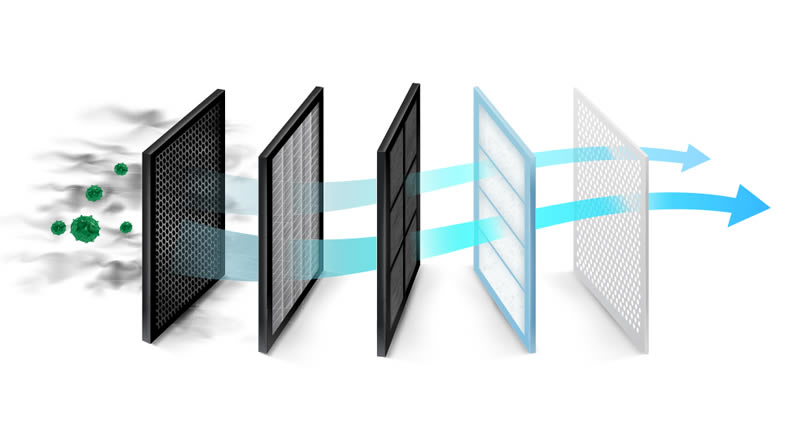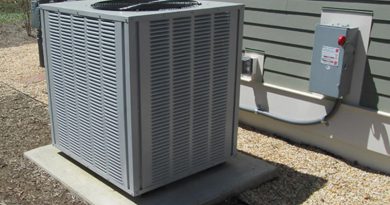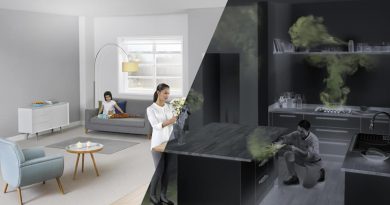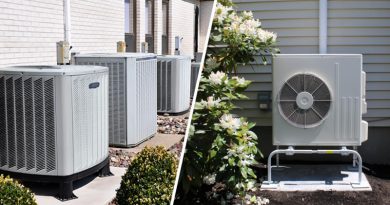Types of Air Filters that Improve Indoor Air Quality
Maintaining good indoor air quality is essential for creating a healthy and comfortable living environment. One of the key components in achieving optimal air quality is the use of effective air filters. Air filters help capture and remove various airborne particles, such as dust, allergens, pollutants, and even microorganisms, ensuring cleaner and healthier indoor air. In this article, we will explore different types of air filters that can significantly improve indoor air quality.
Mechanical Filters: HEPA Filters
High-Efficiency Particulate Air (HEPA) filters are widely recognized as one of the most efficient mechanical filters available. These filters are capable of trapping particles as small as 0.3 microns with an efficiency of 99.97%. HEPA filters are especially beneficial for individuals with allergies or respiratory conditions, as they effectively capture pollen, pet dander, mold spores, and other common allergens. They are commonly used in residential and commercial HVAC systems, portable air purifiers, and vacuum cleaners.
Activated Carbon Filters
Activated carbon filters are effective at removing odors, gases, and volatile organic compounds (VOCs) from the air. These filters contain a porous form of carbon that has been treated to create a large surface area capable of adsorbing various chemical compounds. Activated carbon filters are often used in conjunction with other types of filters, such as HEPA filters, to provide comprehensive air purification. They are commonly found in air purifiers, range hoods, and HVAC systems.
Electrostatic Filters
Electrostatic filters use an electrostatic charge to attract and capture particles as air passes through them. These filters can be either washable or disposable and are available in various efficiencies. Electrostatic filters are effective at capturing larger particles such as dust and pet hair. They are commonly used in HVAC systems and air purifiers and offer the advantage of being reusable, which can lead to cost savings in the long run.
UV-C Filters
UV-C filters utilize ultraviolet germicidal irradiation (UVGI) technology to neutralize and eliminate microorganisms, including bacteria, viruses, and mold spores. These filters incorporate UV-C lamps that emit short-wavelength ultraviolet light, which disrupts the DNA and RNA of microorganisms, rendering them unable to reproduce. UV-C filters are typically installed within HVAC systems, where they can sterilize the air passing through the system. They are particularly useful in environments where microbial control is crucial, such as hospitals and laboratories.
Natural Fiber Filters: HEPA-like Filters
HEPA-like filters, also known as synthetic or natural fiber filters, provide a more affordable alternative to true HEPA filters while still offering effective air filtration. These filters are constructed using a combination of synthetic fibers, such as fiberglass, and natural materials, such as cotton or wool. While they may not meet the same high efficiency as HEPA filters, they are capable of capturing a wide range of airborne particles, including dust, pollen, and pet dander. HEPA-like filters are commonly found in residential HVAC systems and portable air purifiers.
By selecting the appropriate type of air filter for your specific needs, you can significantly improve the indoor air quality of your living or working space. Whether it’s using HEPA filters for allergen removal, activated carbon filters for odor control, electrostatic filters for dust capture, UV-C filters for microbial control, or HEPA-like filters for general air purification, the right choice of air filter can make a remarkable difference in creating a healthier and more comfortable indoor environment.




